Late Victorians were dealing with a lot of anxieties. That “the empire” might strike back, that humanity was in decline, that women might want to be the angel in the house anymore, to name just a few. All this was discussed fervently in newspapers, pamphlets and parliaments but, of course, it also found its way into fictional writing.
One such outlet was fantastic literature. Its ambiguous nature (“Is
this really a ghost or is the narrator just imagining things?”) has been
understood to mirror conscious and subconscious struggles with the
changing times and to allow authors to express concerns and opinions
that might not have been to everyone’s taste if expressed directly. This
was particularly useful for female authors who were – by virtue of
their gender – in the middle of these heated discussions.
In this seminar, we will look at late Victorian fantastic literature written by women to see how they approached the big questions of their time. We will consider how they used the characteristics of the genre to create ambiguity, what narratological strategies they employed and what issues concerned them.
- Trainer/in: Nina Heise
